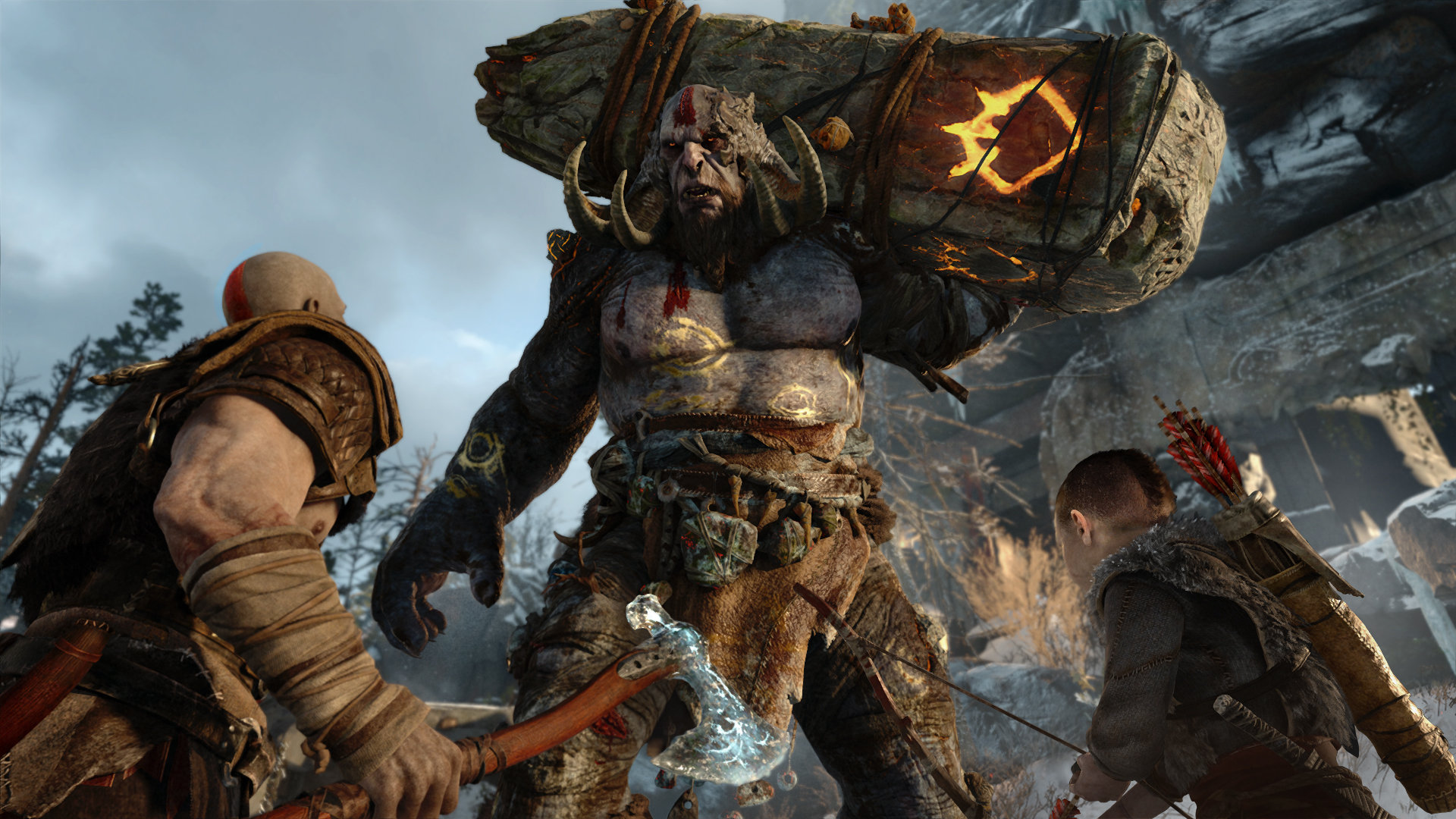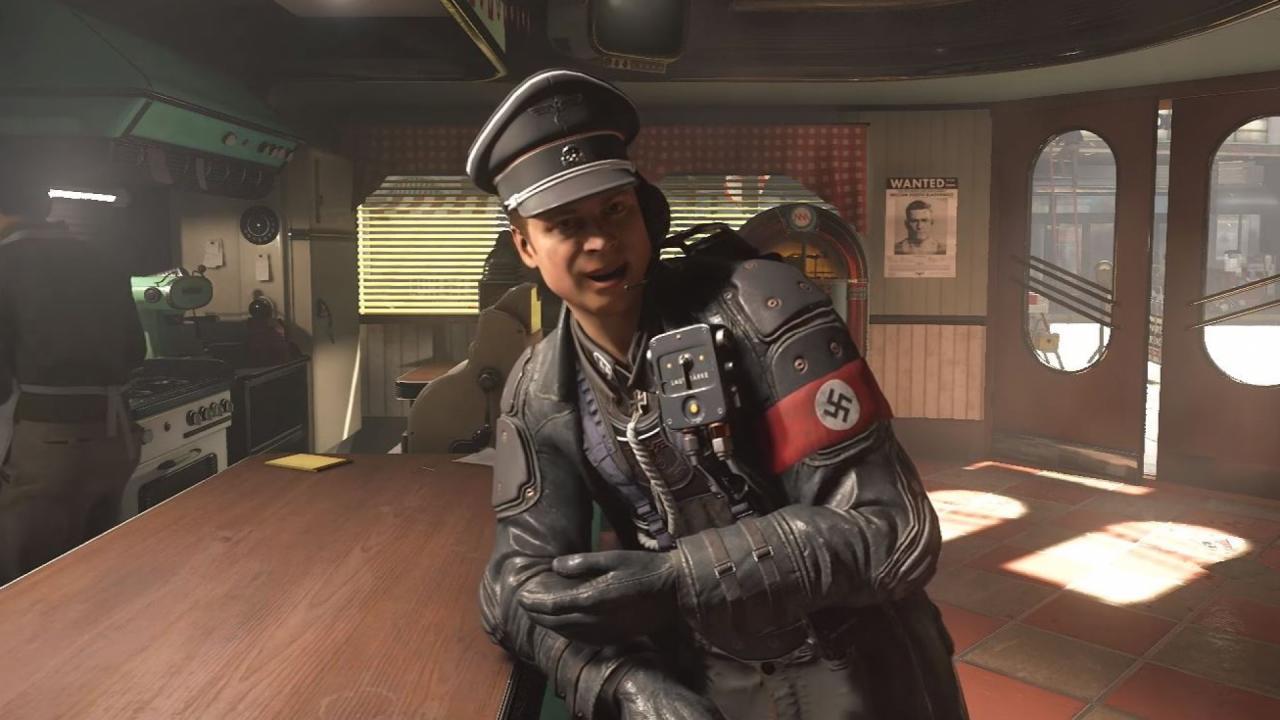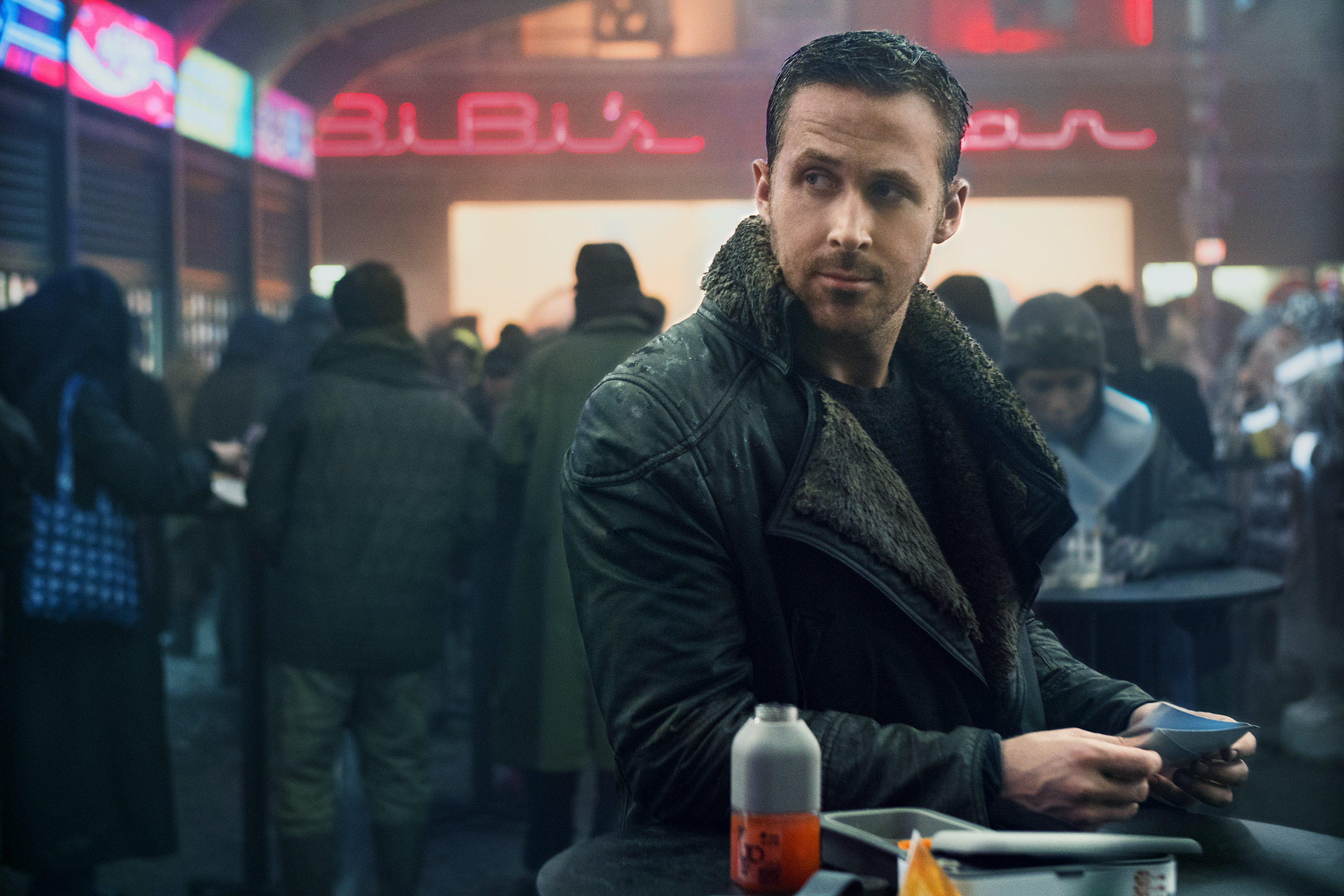Depending on who you ask, we’re either in the beginning of a transition to a fully-digital media environment, or we’re already there. Services like Netflix and Spotify have given users access to an unprecedented array of entertainment options, and platforms like iTunes and Steam have made true digital ownership a modern reality. However, when it comes to digital ownership of films and television, no one platform has truly taken hold. There are dozens of storefronts, such as iTunes, Amazon, Google Play, Microsoft, Sony, and Vudu. But no store’s library is universally accessible from all devices, meaning digital owners often find themselves purchasing only on the storefront that is most convenient for them, or finding their libraries stretched out over a bunch of segregated storefronts.
In past years, the closest thing to a solution has been the Ultraviolet platform. While users can play back their movies and TV shows on Ultraviolet if they choose to do so, it’s true utility is in interconnecting various services and storefronts so that media is shared throughout. If somebody purchases a blu-ray with a digital copy or buys a movie on Vudu, that media will be shared with a linked Ultraviolet account which then redeems the same movie on studio’s storefronts, as well as other third party streaming services like (the now-defunct) Flixster. Even better, multiple Ultraviolet users can join together as a “family,” meaning all of their media is shared with each other across all platforms.
(more…)
 The new God of War is utterly remarkable.
The new God of War is utterly remarkable.

